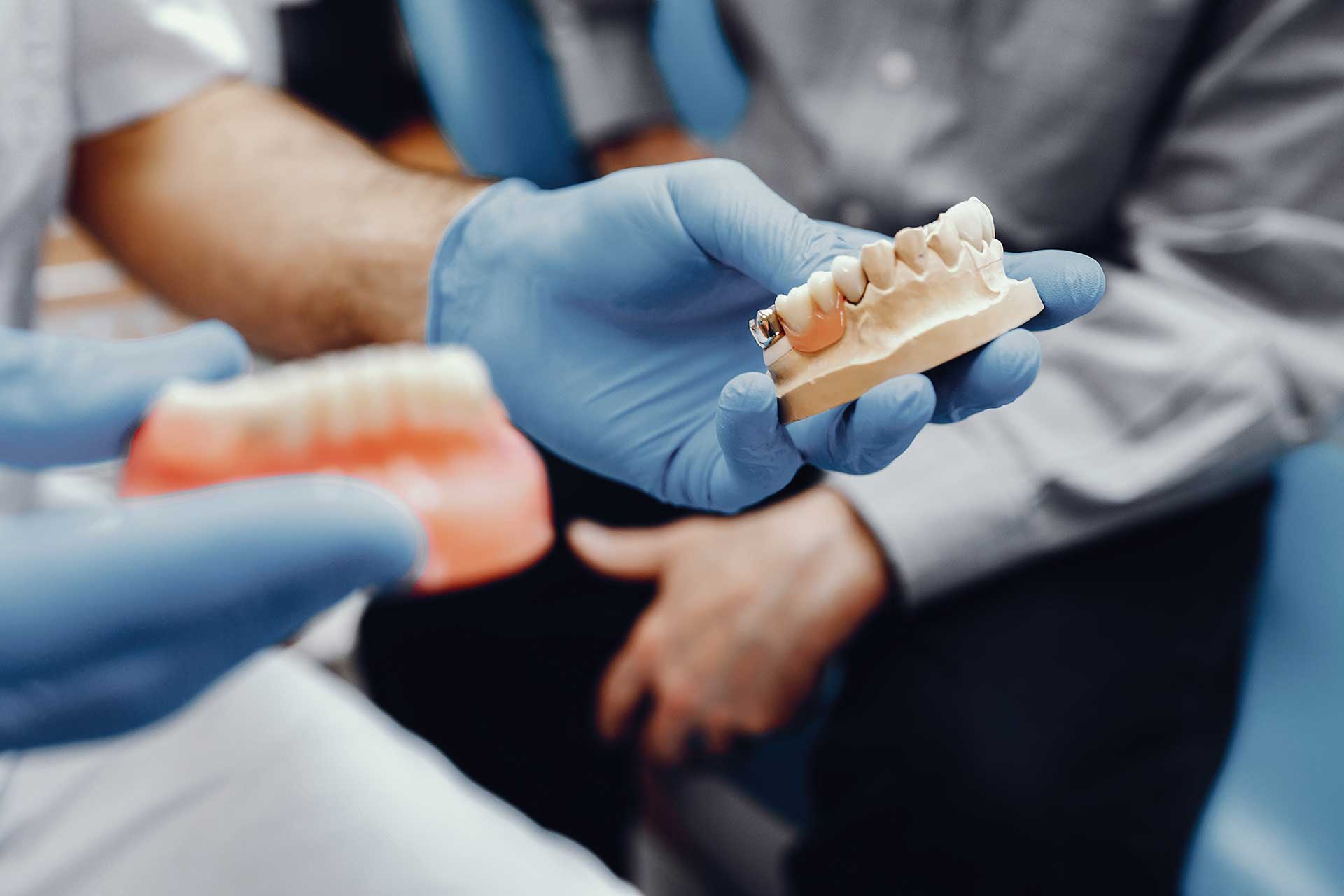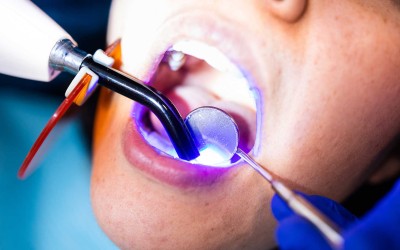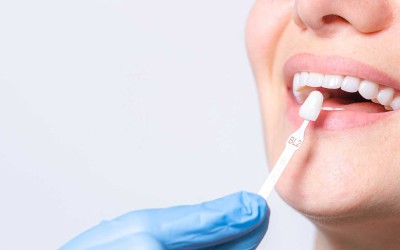Dental Prostheses: Types, Application, and Essential Care

Dental Prostheses: Types, Application, and Essential Care
- 23 August 2023
- 4820 views
Discover dental prostheses and their benefits in Dentevim's expert blog. Explore types, applications, and care for a confident smile.
This content is for informational purposes only and does not replace medical advice, diagnosis, or treatment. Please consult a healthcare professional for any health concerns.
Table of Contents
Tooth loss can be a distressing experience, affecting both functional abilities and self-confidence. Dental prostheses offer a remarkable solution, not only restoring missing teeth but also rejuvenating the joy of chewing, speaking, and smiling. At Dentevim, we understand the significance of dental prostheses in improving the quality of life for our patients. In this comprehensive blog, we explore the different types of dental prostheses, and the application process, and provide essential care tips to ensure a healthy and long-lasting smile.
Types of Dental Prostheses
Complete Dentures (Palate Prosthesis)
When all teeth are missing in either the upper or lower jaw, complete dentures come to the rescue. These prostheses fit snugly on the gum, providing full functionality to replace natural teeth. Complete dentures enhance chewing and speech and contribute to aesthetic appearance. Customized to suit each patient's unique needs, complete dentures may require several sessions for proper adaptation and comfort.
Partial Dentures
Partial dentures are an ideal choice when some teeth are missing, providing a cost-effective and functional solution. These dentures consist of artificial teeth mounted on a metal frame, which rests firmly against the natural teeth. By maintaining stability and preventing adjacent teeth from shifting, partial dentures ensure a harmonious dental structure while restoring chewing efficiency.
Fixed Dentures
Fixed dentures, also known as fixed prostheses, represent a non-removable option attached either to implants or existing natural teeth. These dental marvels come in various forms, including porcelain veneers, crowns, or bridges, expertly crafted to blend seamlessly with the natural teeth. Whether used for restoring a single missing tooth or several adjacent teeth, fixed dentures offer an impressive appearance and functionality akin to natural teeth.
Temporary Dentures
Temporary dentures play a vital role during treatment, especially after dental implant placement or tooth extraction. Serving as a placeholder while permanent prostheses are being fabricated, temporary dentures alleviate the aesthetic and functional effects of missing teeth. Usually made of plastic material, they offer comfort and support during the healing phase.
The Dental Prostheses Application Process
The application of dental prostheses is a collaborative process between the dentist and the patient, comprising several stages to ensure optimal outcomes:
- Assessment and Treatment Planning: The dentist evaluates the condition of missing teeth, dental health, and overall oral health to develop a personalized treatment plan. This plan includes selecting the appropriate type of dental prosthesis based on the patient's needs, preferences, and medical history.
- Taking Impressions and Measurements: Precise impressions and measurements of the gums and jaws are taken, ensuring an accurate fit for the dental prosthesis. These measurements are vital for the dental laboratory to fabricate artificial teeth that perfectly complement the patient's unique dental anatomy.
- Fabrication and Trial: In the dental laboratory, skilled technicians create customized dental prostheses according to the dentist's specifications. Once the prosthesis is ready, a trial fitting is performed to ensure a comfortable fit and proper alignment with the patient's natural teeth.
- Final Placement and Adjustments: After successful trial fitting, the dental prosthesis is permanently placed on the natural teeth or implants. The dentist makes any necessary adjustments to ensure a harmonious bite and aesthetic appeal.
Essential Care for Dental Prostheses
Regular care and maintenance are paramount to maximize the longevity and functionality of dental prostheses. Following these tips will help ensure a healthy and confident smile:
- Remove and Clean After Meals: After every meal, remove the dentures and gently clean them with a soft toothbrush or special denture brush. Pay special attention to the areas that come into contact with food to avoid plaque buildup.
- Proper Cleaning Solutions: Use denture cleaners or mild soapy water to clean the dental prosthesis. Avoid using abrasive products, as they can damage the prosthesis or cause discomfort.
- Soak Dentures Overnight: At night, remove the dentures and soak them in a special denture solution or clean water. This helps maintain the shape and hygiene of the prosthesis while giving your gums a rest.
- Regular Dental Check-ups: Schedule regular check-ups with your dentist for denture maintenance and oral health evaluation. Any necessary adjustments or repairs can be made during these visits, ensuring optimal performance of the dental prosthesis.







